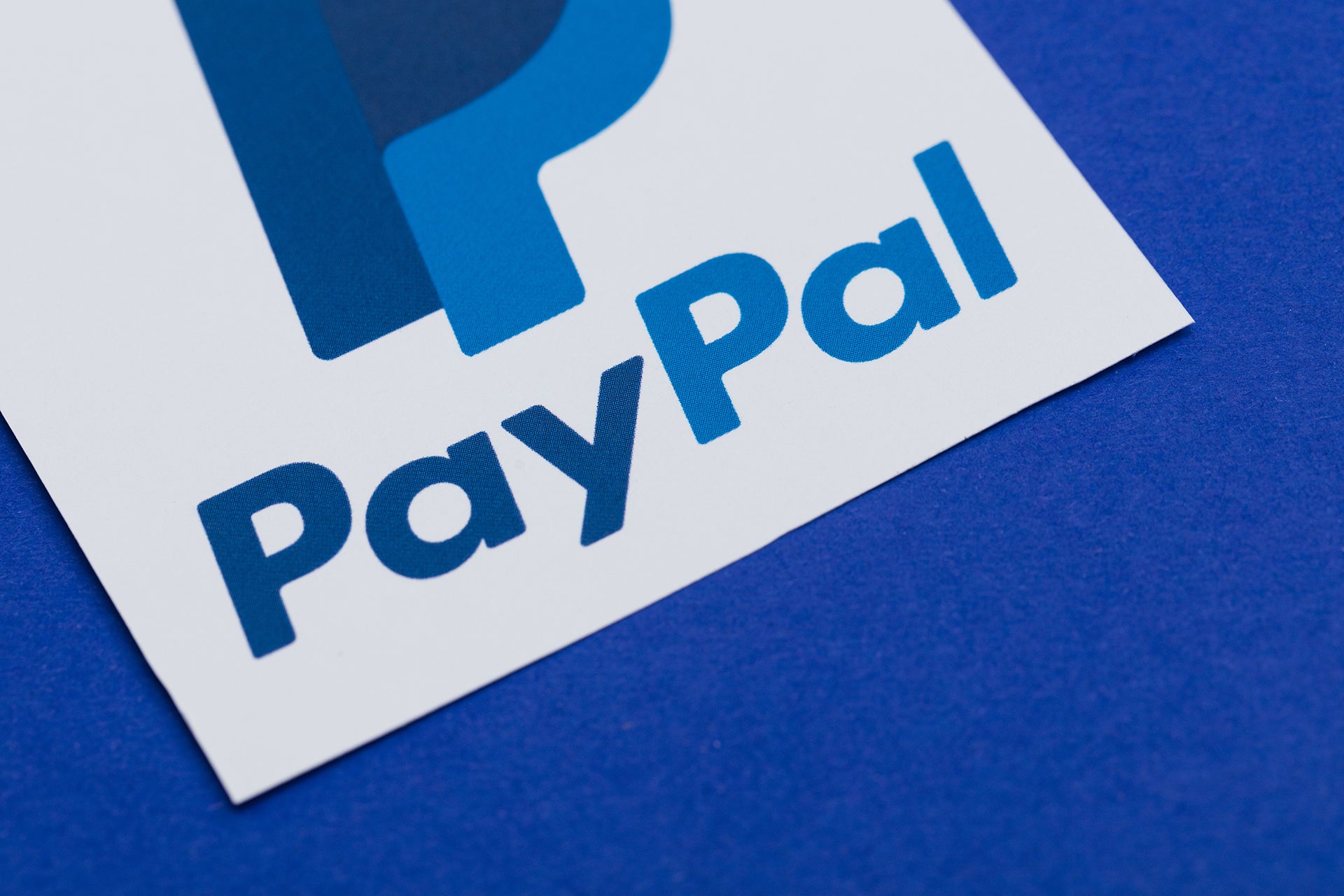
PayPal is reportedly looking to launch a stock trading feature to rival Robinhood and Square’s similar services. While sources have noted the feature won’t be launched anytime soon, the news marks the latest example of a big tech firm muscling into a space controlled by smaller startups.
Sources familiar with PayPal’s plans told CNBC that the payment processing giant recently hired brokerage industry veteran Rich Hagen as part of the move to champion the new previously unreported Invest at PayPal division. According to his LinkedIn, Hagen left Ally Invest to be the CEO of the new division.

Access deeper industry intelligence
Experience unmatched clarity with a single platform that combines unique data, AI, and human expertise.
The San Jose-headquartered company has as of yet not confirmed the plans, but directed CNBC to CEO Dan Schulman’s comments at the company’s investor day in February. At the time he said the long-term vision for the company may include many more financial services, including “investment capabilities.”
It’s unclear if PayPal will build the feature in-house or if it will partner with other companies to make it a reality. Separately, Bloomberg reported that PayPal is in talks with Apex Fintech Solutions and DriveWealth for the feature. DriveWealth raised a $450m Series D round at a $2.85bn valuation earlier this month, having provided companies like Revolut with the technology needed to launch a stock trading platform of their own.
If PayPal would go at it alone, it would require new approval as a brokerage firm from financial regulator FINRA, a process that could take more than eight months.
Despite the news about PayPal’s new feature not having been confirmed, the rumours have already had an impact on the stock market, with PayPal’s shares jumping by 3.7% on Monday to reach a $289.57 high following the news. Comparatively, trading app Robinhood saw the value of its shares fall by 7.8% to $42.97 on the back of the news.

US Tariffs are shifting - will you react or anticipate?
Don’t let policy changes catch you off guard. Stay proactive with real-time data and expert analysis.
By GlobalDataHowever, Robinhood’s shares tanking on Monday could also be linked to the Securities and Exchange Commission’s (SEC) chair telling Barron’s that the regulator is considering banning the controversial payment for order flow practice. This refers to the back-end payment brokerages receive for directing clients’ trades to market makers and it’s one of Robinhood’s biggest revenue streams.
The SEC chair said the practice has “an inherent conflict of interest.” The trading app said the brokerage and the industry as a whole would be able to adapt if the practice was banned.
Whatever the reason for Robinhood’s shares tumbling on Monday, PayPal’s rumoured stock trading feature highlights both how competitive the trading sector is becoming and how bigger firms are expanding their remit to cover new verticals. PayPal and several of its rivals are working on becoming one-stop shops for any financial service that customers might need.
As part of this, PayPal began to offer its US customers cryptocurrency trading earlier this year and expanded the service to the UK in August. While it so far doesn’t have a stock trading option for its 400 million customers, PayPal does offer them buy-now-pay-later (BNPL) services.
Comparatively, Square, the payment giant founded by Twitter’s Jack Dorsey, already offers stock and cryptocurrency trading through its Square Cash App. Square is looking to enter the BNPL market, having acquired Australian Afterpay in August for $29bn. The deal is pending regulatory approval.
The instalments segment of the financial services industry alone is expected to be worth $166bn by 2023, according to GlobalData’s Thematic Research.
The expansion plans of these companies have not gone undetected by regulators around the world, especially when seen in the light of Big Tech firms like Google and Apple also elbowing for a slice of the pie.
The Bank for International Settlements, an umbrella group for the world’s central banks, warned in August that big companies taking even bigger market shares could choke competition.
Getting into the stock trading market could also be risky, given how regulators like the SEC chair are already scrutinising the sector following the GameStop chaos earlier this year. While meme stocks certainly paid a pivotal role in popularising trading apps, it also gave trading apps like Robinhood plenty of bad press.
Industry heavyweights like business tycoon Warren Buffett have consequently equated trading apps with gambling. The SEC said on Monday that it would look more closely into the gamification processes used by broker-dealers and investment advertisers like Robinhood.






